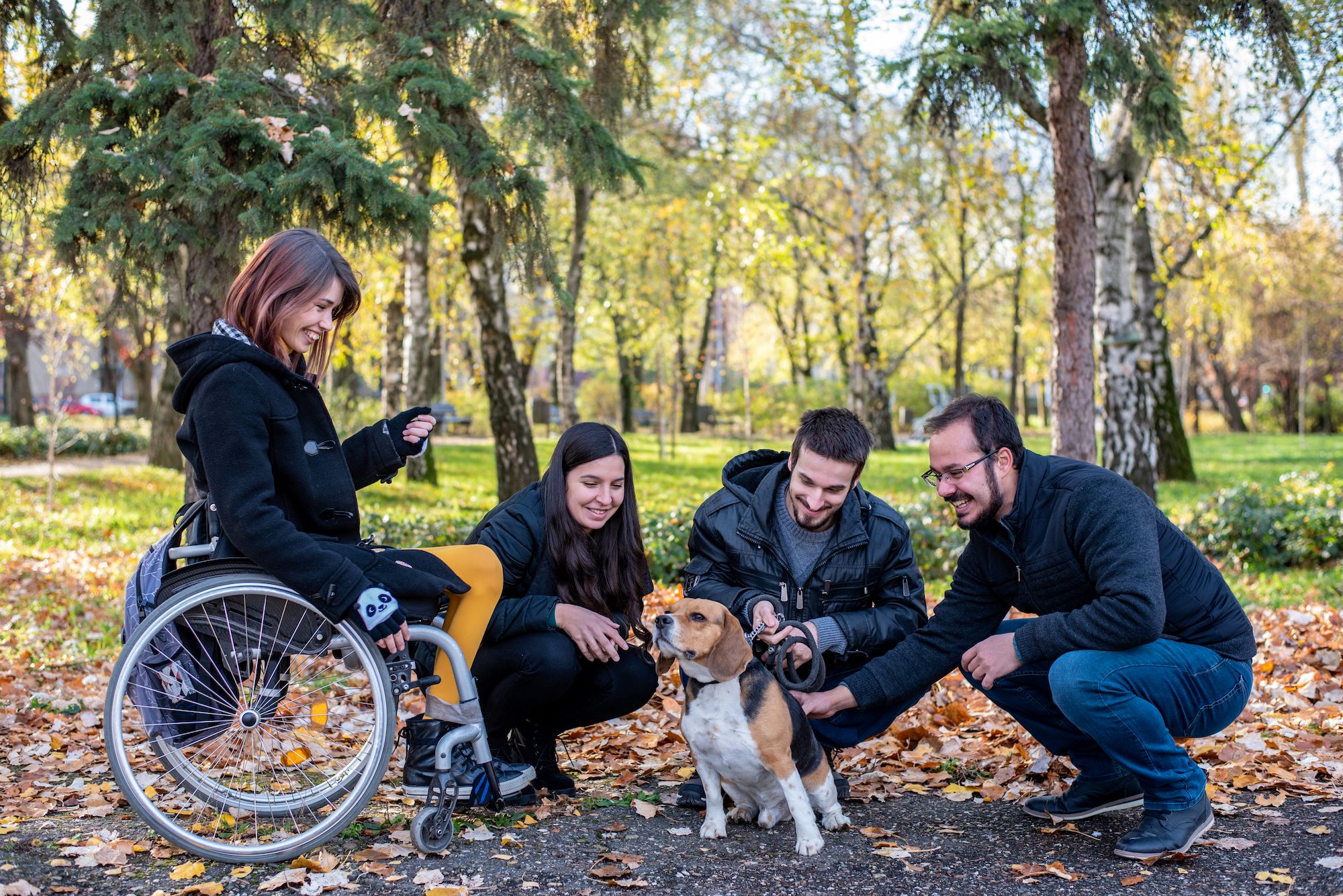Toolkit for an accessible destination
The project 'Accessible Destination Region RVN@' is about to start. Joint Projects' Karin Stiksma and the Accessible Recreation Community will create a toolkit to enable regions to develop into accessible destinations. CELTH, together with its partner institutes Breda Universities of Applied Sciences and NHL Stenden Hogeschool, support this project in collaboration with the University of Applied Sciences Utrecht and the province of Gelderland, the Berg municipality, Dal-RvN@ and the Achterhoek and Vechtdal regions.
Large target group
There are approximately four million people with a disability in The Netherlands, this is almost a quarter of the population. According to the Convention on the Rights of Persons with Disabilities, which has been ratified by The Netherlands, everyone has the right to a good quality of life, so recreational, tourist, leisure and sports activities. Already there are many initiatives and projects to make tourism accessible but it is still not self-evident.
Thorough research
The first step in this project is to research which data and knowledge about our guests and residents with a disability at a destination are available, both quantitative and qualitative. Using these research results and this knowledge, destinations can underpin their strategy and policy decisions. This insight from the first phase is also the foundation for the start of the project's second phase; the development of a toolkit to facilitate destinations to become accessible.
Toolkit
Using this toolkit regions become a consistently, specificity and continually developing accessible destination. This also includes an implementation plan. This plan supports a region in ensuring and creating support for accessibility within a destination at the process level. The toolkit consists of five elements:
- Overview of obstacles for visiting a destination during the disabled guest's customer journey and that of their friends/family;
- Methods and interventions of how obstacles may be prevented and removed;
- Best Practices of accessible regions,
- Proposal for the role which each stakeholder (both the disabled guest as well as the entrepreneur, the government and a DMO) can fulfil in the activities and which responsibility everyone has in order to create an accessible destination;
- Participation model for the methodological design and realisation of accessible offers in which those with experience play a part.
The project 'Accessible Destination Region RVN@' will run for six months. The 'Accessible Destination' toolkit will be available for free.



